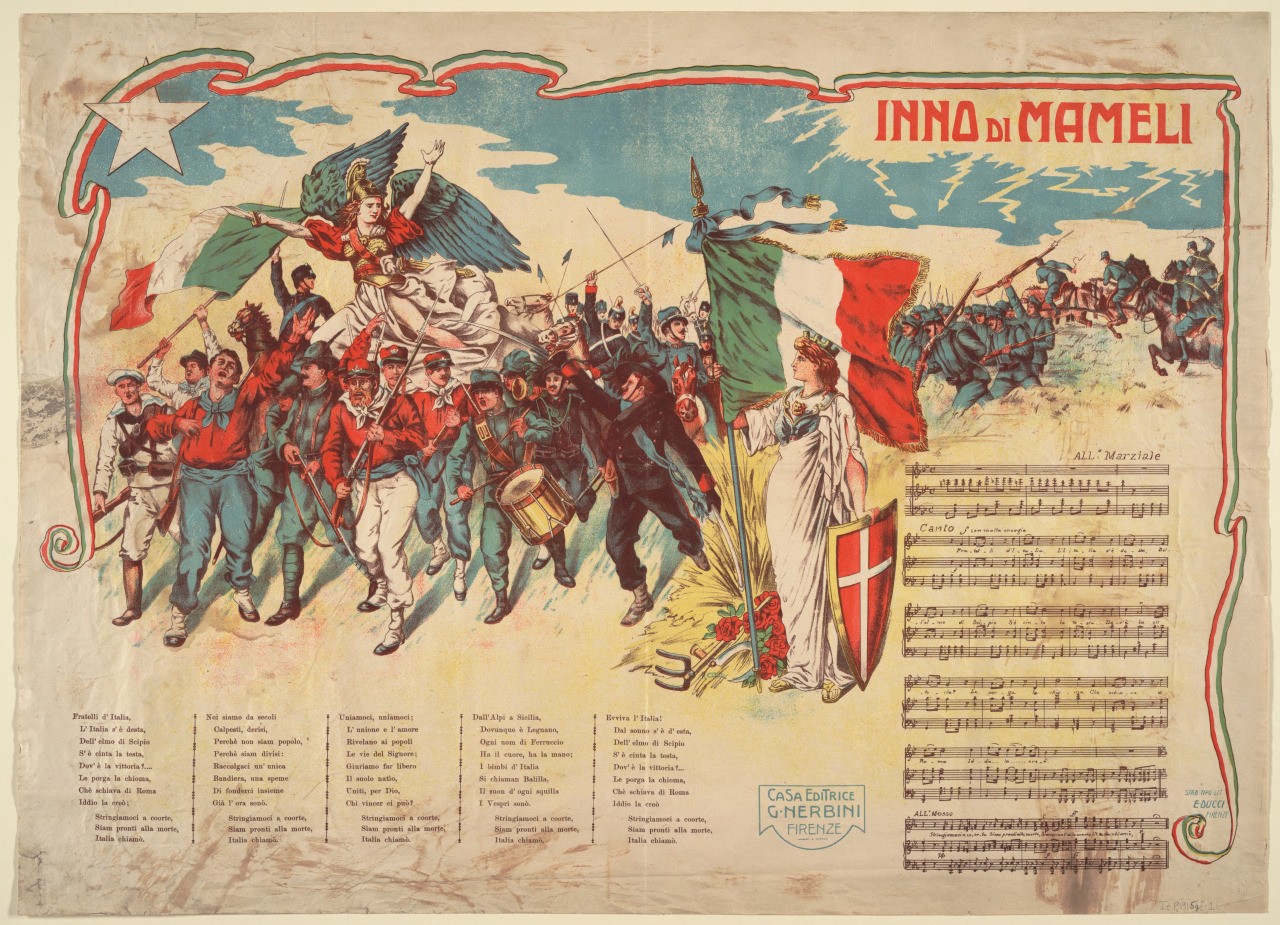This is an 1816 Riveli record from Sicily. Mauro Pitruzzello is declaring land he inherited from his brother Alfio. Mauro's son Emanuele is making this declaration on behalf of his father.
There's an 1811 Riveli record for Alfio declaring this same land, and an 1815 Riveli record for Mauro declaring this same land. So, I figure Alfio died between 1811 and 1815 and left the land to his brother Mauro.
The question is why is there another declaration made in 1816? Is there a specific legal reason mentioned or is it just routine? The 1815 declaration doesn't mention inheritance from Alfio, so is this 1816 document just putting it on record?
Riveli Puzzle
Re: Riveli Puzzle
As I understand, in this Rivelo, Mauro says that, after an accurate exam, he confirms as the yield of the land, what was stated in 1811.
Maybe it missed in 1815, so it was necessary to state what the land yielded? You could compare 1811 and 1815 to check.
Maybe it missed in 1815, so it was necessary to state what the land yielded? You could compare 1811 and 1815 to check.
Giuseppe "Pippo" Moccaldi
Certificate requests and genealogical researches in Italy.
Translation of your (old) documents and letters.
Legal assistance in Italy for your Italian citizenship.
Certificate requests and genealogical researches in Italy.
Translation of your (old) documents and letters.
Legal assistance in Italy for your Italian citizenship.
-
darkerhorse
- Master

- Posts: 3443
- Joined: 11 Jun 2020, 18:31
Re: Riveli Puzzle
Does it mean the land is presently being farmed or that it could be farmed?
Re: Riveli Puzzle
This Rivelo doesn't say anything about that.
It only makes reference to the 1811 and 1815 ones to confirm what they state.
However, as this says that the annual revenue can be estimated 10 "tarì", that means that it was used, most probably farmed.
It only makes reference to the 1811 and 1815 ones to confirm what they state.
However, as this says that the annual revenue can be estimated 10 "tarì", that means that it was used, most probably farmed.
Giuseppe "Pippo" Moccaldi
Certificate requests and genealogical researches in Italy.
Translation of your (old) documents and letters.
Legal assistance in Italy for your Italian citizenship.
Certificate requests and genealogical researches in Italy.
Translation of your (old) documents and letters.
Legal assistance in Italy for your Italian citizenship.
-
darkerhorse
- Master

- Posts: 3443
- Joined: 11 Jun 2020, 18:31
Re: Riveli Puzzle
is 10 tari the profit on the land made by the owner or the tax on the land paid by the owner?
-
darkerhorse
- Master

- Posts: 3443
- Joined: 11 Jun 2020, 18:31
Re: Riveli Puzzle
This is the 1815 Riveli record. The amount of land is noted at three tumola, but I see no mention of money or tax on the land which is classified as seminativo (arable).
Re: Riveli Puzzle
Giuseppe "Pippo" Moccaldi
Certificate requests and genealogical researches in Italy.
Translation of your (old) documents and letters.
Legal assistance in Italy for your Italian citizenship.
Certificate requests and genealogical researches in Italy.
Translation of your (old) documents and letters.
Legal assistance in Italy for your Italian citizenship.
-
darkerhorse
- Master

- Posts: 3443
- Joined: 11 Jun 2020, 18:31
Re: Riveli Puzzle
Thanks.
I think with the inheritance plus all the political changes happening in that era the 1816 document is clarifying the 1811 and 1815 documents.
By the way, do you have access to all the Riveli documents in Sicily?
I think with the inheritance plus all the political changes happening in that era the 1816 document is clarifying the 1811 and 1815 documents.
By the way, do you have access to all the Riveli documents in Sicily?
-
darkerhorse
- Master

- Posts: 3443
- Joined: 11 Jun 2020, 18:31
Re: Riveli Puzzle
Does it read that the land has never been taxed (mai gabalato) but could be in the future because of it's intrinsic value?PippoM wrote: 10 Jul 2020, 10:07 This Rivelo doesn't say anything about that.
It only makes reference to the 1811 and 1815 ones to confirm what they state.
However, as this says that the annual revenue can be estimated 10 "tarì", that means that it was used, most probably farmed.


